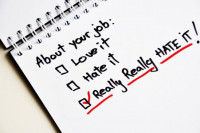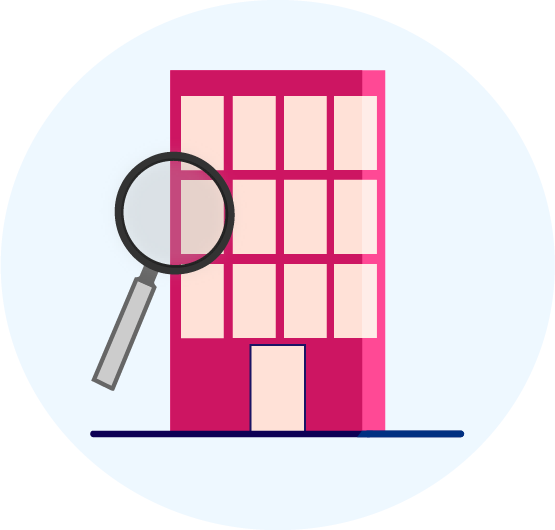
There is one name on everyone’s lips at the moment and that’s Ashley Madison. If you haven’t heard this name then you obviously have been living under a rock.
Let’s play catch up. Ashley Madison is a dating website that encourages infidelity. Their catch phrase is “life is short, have an affair” and according to the published leak that was released this week, 37 million users worldwide seem to have created profiles. Has society decided that cheating seems to be an okay thing? Let’s not dwell on this topic; I want to focus on the importance of what has occurred.
Internet privacy. Does this still exist? The users involved in the leak were not to assume at any point there privacy was going to be breached. Now that it has what kind of ramifications are they going to have to deal in the offline world?
For years we’ve seen the increase in huge Internet hacks some good and some bad. Take for example Julian Assange and Wiki leaks. Assange released “top secret confidential” government documents to the world. His ramifications are he is now confined to the Ecuador embassy in London, due to the threat of extradition from the worlds most powerful companies. It makes you think if a government organisation can’t protect their secrets, good luck to the rest of us.
We’ve also had the “Celebgate” of 2014 where celebrity Cloud accounts were hacked releasing 500+ images of some of our favourite celebrities in all their glory. Over the weekend 60 minutes ran a story that uncovered security breaches in our mobile phone security. So to think that our own information is safe is just a joke.
The question is what can we do to help our online life from being hacked? Here are some basic tips:
- Make sure your privacy settings are high on both your operating system and all online accounts.
- Don’t link all of your accounts- I know logging into all of your accounts through Google + is easy, but is an extra 30 seconds of your life. That hard?
- Use a password manager- this will make sure that each site you have has a different password. If one is hacked then it will alert you.
- Change your passwords every 3 months
- Encrypt your connections. Facebook, Google and Twitter now offer services that offer this connection. There are certain software’s out there that provide this.
Keep the mindset that the Internet is real life. I’m not saying live like a nun, but look at it this way. If you wouldn’t walk down the street naked or you wouldn’t abuse a random person for wearing something inappropriate, then don’t make these things public on the Internet. As we have witnessed by the Internet leaks that have occurred over the past years. Nothing is sacred.
We need to take responsibility for our own actions. As much as we can protect our privacy through by installing software and changing passwords, Sometimes there are flaws in browser and storage systems
My advice to all is to be mindful of what details you put online and what you sign up for. With thousands of scorned men and women walking around due to the most recent Ashley Madison leak, hopefully people will become more aware of their Internet presence.
Back





